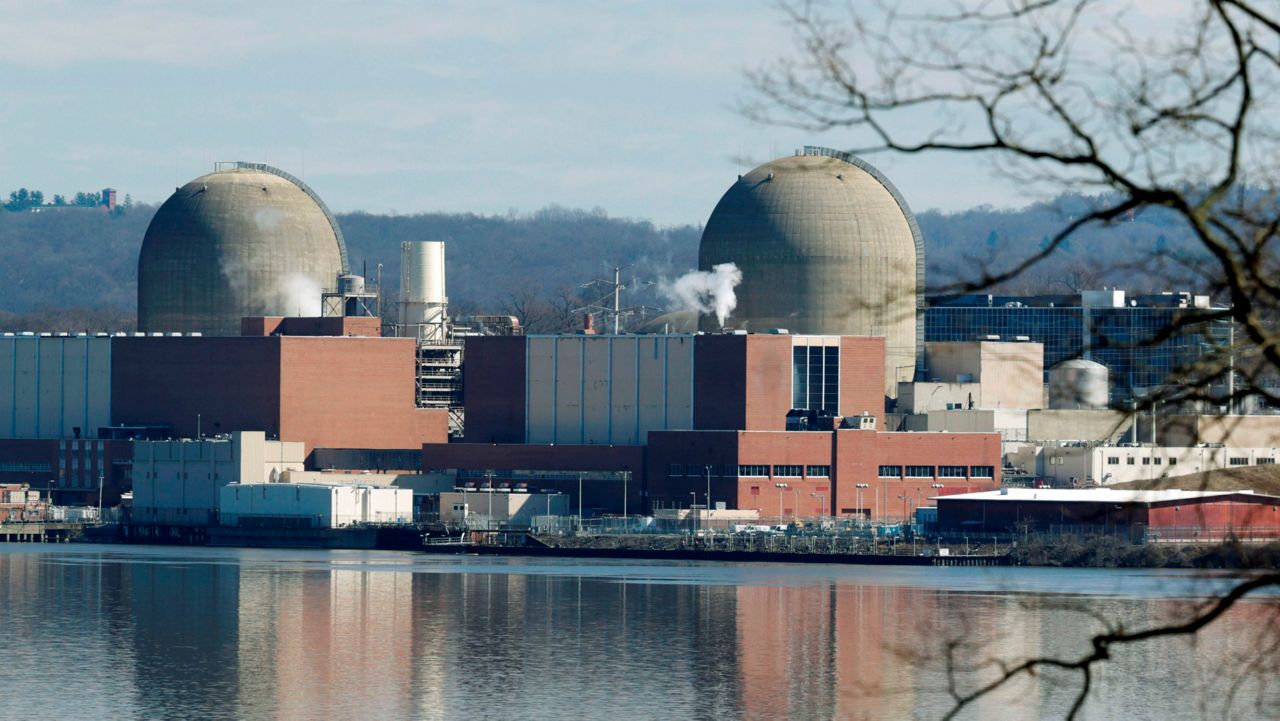A bill that would ban dumping radiological waste into the Hudson River as the Indian Point Energy Center gets decommissioned is getting pushback from the building trades unions.
The measure cleared the state Senate, though is yet to pass in the state Assembly before it can head to Gov. Kathy Hochul's desk.
If signed into law, the measure would punish violators starting at $37,500 a day. Multiple violations after that would lead to fines of $150,000 a day.
Legislators have argued the measure is necessary to protect real estate values and economic development along the river in addition to preserving its ecology.
But opponents, including Holtec, the company that operates Indian Point, as well as the North Atlantic States Regional Council of Carpenters, are protesting the legislation.
The labor group warns the measure could ultimately lead to job losses as the broader concerns have already been addressed by federal regulators.
“This bill may be well intentioned, but it would stop the decommissioning of Indian Point and lead to substantial long-term job losses in the Hudson Valley," said Bill Banfield, the assistant to the executive secretary-treasurer, North Atlantic States Regional Council of Carpenters. "The concerns raised by the bill’s sponsors have been addressed, and the EPA has developed environmentally conscious procedures that our members are following closely. A handful of misguided activists from outside our community shouldn’t be allowed to stop a worthy project that is providing critical blue collar jobs."
State Sen. Peter Harckham, who sponsored the measure with Assemblymember Dana Levenberg, defended the measure in a statement.
"Protecting jobs versus protecting our environment and natural resources is a false choice. We need to work together to accomplish both," he said. "There are years' worth of work onsite at Indian Point, and workers should not be treated as hostages while we deal with the challenges of safe decommissioning."
In a separate statement on Friday afternoon, Levenberg criticized the efforts to sink the bill in her chamber. Opponents of the proposal protested outside of her office earlier in the day.
"This appears to be an attempt to enlist labor in an effort to stifle public discussion of our options," she said.
At the same time, Levenberg said the "the public's trust in this process" is needed to move forward.
"Public perception of a polluted, hazardous river will undermine our local economy in various ways, harming property values, business interests, and much more. We must ensure that the public is meaningfully engaged in an honest discussion of our options as we proceed with decommissioning, and that no one is being coerced or misled to participate in a particular way," Levenberg said. "Human ingenuity is endless, and we can find win-win solutions when we invite more voices into the conversation.”








